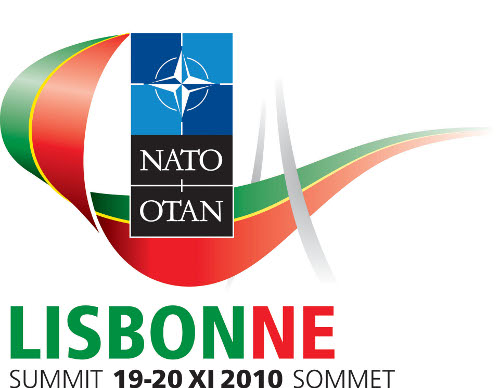
Today in Lisbon, Alliance leaders met to approve a new Strategic Concept that reconfirms NATO’s purpose to safeguard members’ freedom and security and modernizes the Alliance to face new threats, with new capabilities and new partners.
Atlantic Council team members offer their expert insights and analysis on the outcomes of the summit. Visit our online debate for more summit analysis throughout the weekend.
Fred Kempe, President and CEO, Atlantic Council:
- “The defining feature of this Strategic Concept is that for the first time NATO is considering its purpose in a global context. Alliance leaders approved a document which mixes ambition with humility gained from Afghanistan. The Concept does not shy away from the need for expeditionary capabilities, but stresses the Alliance’s role as a supporting – not a dominant – actor on the global stage.”
Damon Wilson, Vice President and Director, International Security Program at the Atlantic Council; former Senior Director for European Affairs on the National Security Council; and former advisor to NATO Secretary General Lord Robertson:
- “The new Strategic Concept bridges differences in vision among the Allies and lays out a coherent blueprint for the future. The test is whether the Alliance can muster the political will and resources to ensure it is an effective guide for the Alliance in the coming decade.”
- "Despite the defense depression sweeping Europe, the United States succeeded in getting the Alliance to face new threats by adopting missile defense and cyber-defense as important new missions.”
- “On nuclear issues, much like President Obama’s April 2009 Prague speech, the new Strategic Concept embraces the vision of global zero, but with a sober dose of geopolitical reality. NATO commits itself to the goal of creating the conditions for a world without nuclear weapons, while linking any reductions to Russian reciprocity.”
- “This is the first summit in years that emphasizes partnership over enlargement. While the Strategic Concept reaffirms NATO’s open door policy and embraces the vision of a Europe whole and free, its call for the ‘eventual’ integration of all European countries which desire membership underscores the current political appetite is much stronger for deeper partnerships than more members.”
Ian Brzezinski, Senior Fellow, Atlantic Council and former Deputy Assistant Secretary of Defense for Europe and NATO Policy:
- “The NATO summit has kicked off with a strong start – the roll out of the new Strategic Concept. This document uses strong language to reaffirm not only the centrality of the Article 5 security commitment, it updated that commitment to cover the wider array of threats that exist in the 21st century – terrorism, cyber-attacks, and the proliferation of missile technologies and WMD. It formalizes NATO’s roles in crisis management and prevention. It reiterated that the Alliance’s door remains open to new members.”
- “The promulgation of the new Strategic Concept is clearly a step in the right direction, but the Strategic Concept is only a vision statement. How NATO actually uses this language to develop needed military capabilities and to present a genuine roadmap to membership for countries like Ukraine and Georgia will be what determines if this document is a true action plan rather than only a well-articulated vision.”
James Joyner, Managing Editor, New Atlanticist, Atlantic Council:
- “The robust promises made by the new Strategic Concept are heartening, indeed, to Atlanticists everywhere. But it’s no more clear today than it was yesterday how it is we’ll keep them.”
- “While achieving efficiencies and burden sharing with like-minded organizations seeking the same objectives is a no-brainer, it’s far from clear that the United Nations and Euro-Atlantic Partnership Council meet that standard. And, while the European Union is an obvious candidate for closer partnership — squabbling between Greece, Cyprus and Turkey notwithstanding – it’s not as if there’s some magic pot of money there. The most significant European militaries of NATO and the EU are identical, after all.”
As NATO leaders approve a new Strategic Concept and commit to strengthen capabilities to guard against a new array of threats, they will face the challenge of doing more with fewer resources. In response to this challenging reality, today the Atlantic Council published a survey of NATO’s defense budgets and recently announced reductions across the Alliance. Check out the latest figures.
Stay tuned for more Atlantic Council expert opinion following Day II of the Lisbon summit, when NATO leaders will meet in the NATO-Russia Council with President Medvedev and will discuss transition of security responsibilities in Afghanistan with key partners and contributors.
Jeff Lightfoot is an Associate Director of the Atlantic Council’s International Security Program.
This article is part of a New Atlanticist discussion – The 2010 Lisbon Summit: A New Atlanticist Forum – on the Summit’s expectations, areas of focus, and potential outcomes.
Image: Lisbon%20Logo%20500_0.jpg
